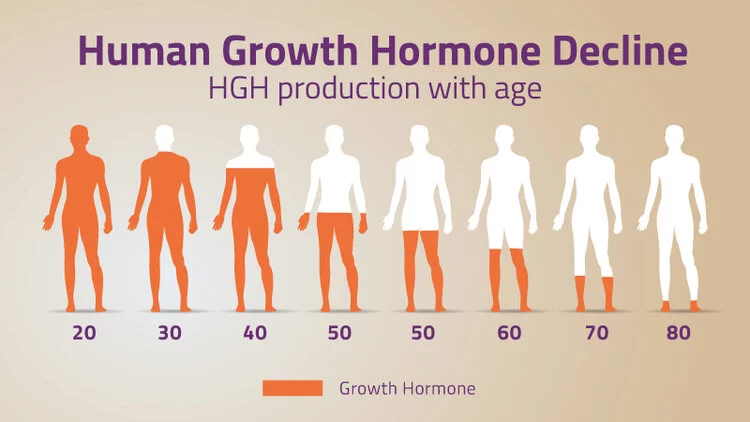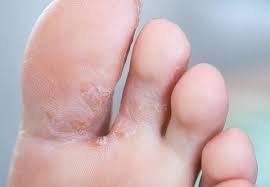Would we give this money?
No, we don’t frequently pay for hospital-in-the-home (HITH) care to assist people with illnesses. We can only provide support in areas where we are the most qualified source of money, not through other broad methods. This includes the assistance the health system offers as a universal service requirement.
Hospital and post-acute care services, including HITH services, are handled by the health system. Also, it’s doubtful that these services have anything to do with Roberto’s impairment.
How can I get community nursing care ndis?
You can find ndis services on the official NDIS website or you can contact community nursing care ndis for more information.
Why would we not support this?
Supports unrelated to your impairment are not funded by us. Supports for medical injuries not resulting from your disability support needs are included in this.
Additionally, we do not provide supports that are better funded or offered by other service systems, such as the health system.
When deciding if the NDIS is the best financing source for a service rather than the health system, there are a lot of factors to consider. We disclaim liability for:
activities geared toward enhancing Australians’ health, such as allied health services including acute and post-acute care, as well as treatment in both public and private hospitals
you are supporting time-limited, targeted services and therapies, such as rehabilitation or post-acute care, that address your overall health or those you receive following a recent medical or surgical incident to enhance your function.
As a result, we won’t provide funding for home health care or community nursing:
that are used to treat acute wounds or injuries, such as surgical wounds, that are likely to heal or resolve within 12 weeks but do not relate to your disability or your ongoing functional impairment, or where the purpose of the support is not related to your daily living while you are being treated in a hospital; a clinical setting, such as hospital in the home; or in custody.
We compare the information you provide to the NDIS Funding Criteria to determine if assistance is reasonable and necessary for you.
What else are we contemplating?
We may take into account including funds for a support worker in your plan if your handicap prevents you from treating your injury or sickness and you don’t require clinical care from another system of support, such as the health system.
This employee would assist you in managing tasks associated with your:
continuing functional impairment in daily life.
For instance, if you repeatedly remove the bandage from your wound due to an intellectual disability, we might pay for a support worker. However, it is extremely doubtful that we will pay for the medical care or supplies you require for your illness or injury, such as bandages or medication. These have nothing to do with your impairment.
a situation
Diabetes, obesity, and Parkinson’s disease all affect Jemma. She and her husband live at home and receive assistance with some of her daily tasks from an NDIS-funded care worker twice a week. Recently, Jemma underwent knee surgery. The hospital sent her home with a wound-care regimen a few days after the operation. To the plan, Jemma will receive daily visits from a community nurse from the hospital-in-the-home program for two weeks to treat her surgical wound.
Soon after returning home, Jemma experiences an infection in the surgical wound that is most likely brought on by her diabetes. The hospital-in-the-home clinician modifies Jemma’s wound care strategy to help the infected wound. Daily injections are part of this to prevent the illness from spreading. According to the plan, the wound won’t heal for at least three months.
Jemma reviews her treatment plan and learns that the health system will only cover the first two weeks of the regimen. The community nurse and Jemma’s wound care expenses must thereafter be covered by Jemma. Using her treatment plan as support, Jemma requests that money be allocated to the care of her infected wound in her NDIS plan. She is asking for money for:
3 months of daily injections and community nurse visits to the wound care supplies
Jemma needs more caregiver help because of the infected wound, so her NDIS care worker makes three extra visits per week. Her husband needs respite since he is unable to continue giving Jemma the additional attention she requires.
The planner compares the data Jemma submits to the NDIS Funding Criteria to determine if funding for wound care support and additional NDIS help from a care worker is appropriate and essential.
The planner considers the wound treatment’s support for:
Regarding Jemma’s disability, the NDIS should be used to cover her ongoing functional impairment and disability support needs rather than another service system or support service, such as the health system.
The planner also considers whether it is realistic to anticipate that Jemma’s family will offer more caregiver help.
The planner makes the following choice in Jemma’s case:
There is no proof that Jemma’s Parkinson’s disease has anything to do with the support for wound care. Therefore, her needs for disability support are unrelated to the expenditures of the community nurse and the supplies needed for wound care.
Jemma’s ongoing needs for disability care are unrelated to the support for wound care. It has to do with post-acute care given following Jemma’s most recent operation and a time-limited service. As a result, the health system, not the NDIS, is a better channel for funding or providing support.
The amount of help that Jemma can currently expect from her family, caregivers, and informal networks for her disability, while she is mobility, is factored into her daily living budget for the NDIS care worker. The amount of assistance Jemma requires to manage her impairment in her present state is not covered by it. It’s unreasonable to expect Jemma’s family to give her all the additional assistance she currently requires for daily tasks. In light of this, the planner determines that, by the NDIS funding requirements, 3 additional care worker visits per week for three months are acceptable and required.
The planner evaluates Jemma’s grant application and:
declines funding for the community nurse and consumables that were specifically requested to help Jemma with her infected wound. approves funding for three additional care worker visits each week for three months to give Jemma extra help to meet her disability support needs until she regains her mobility. plans to check in with Jemma in three months to make sure her NDIS supports are meeting her needs.




